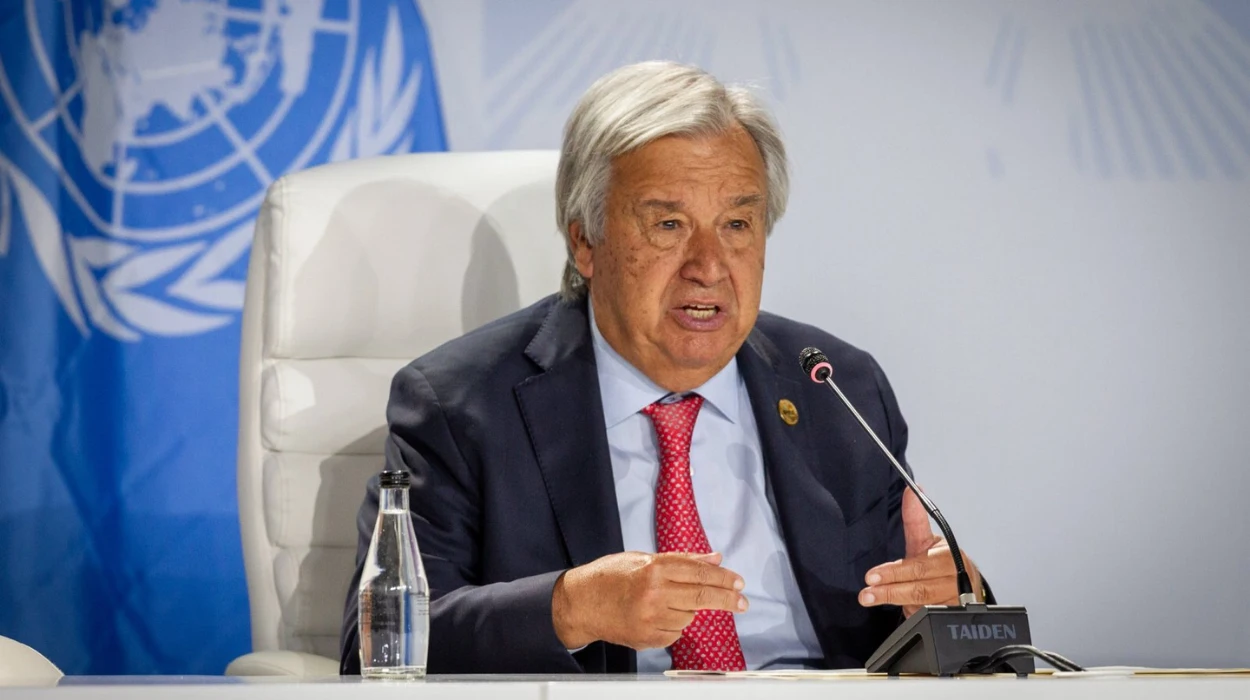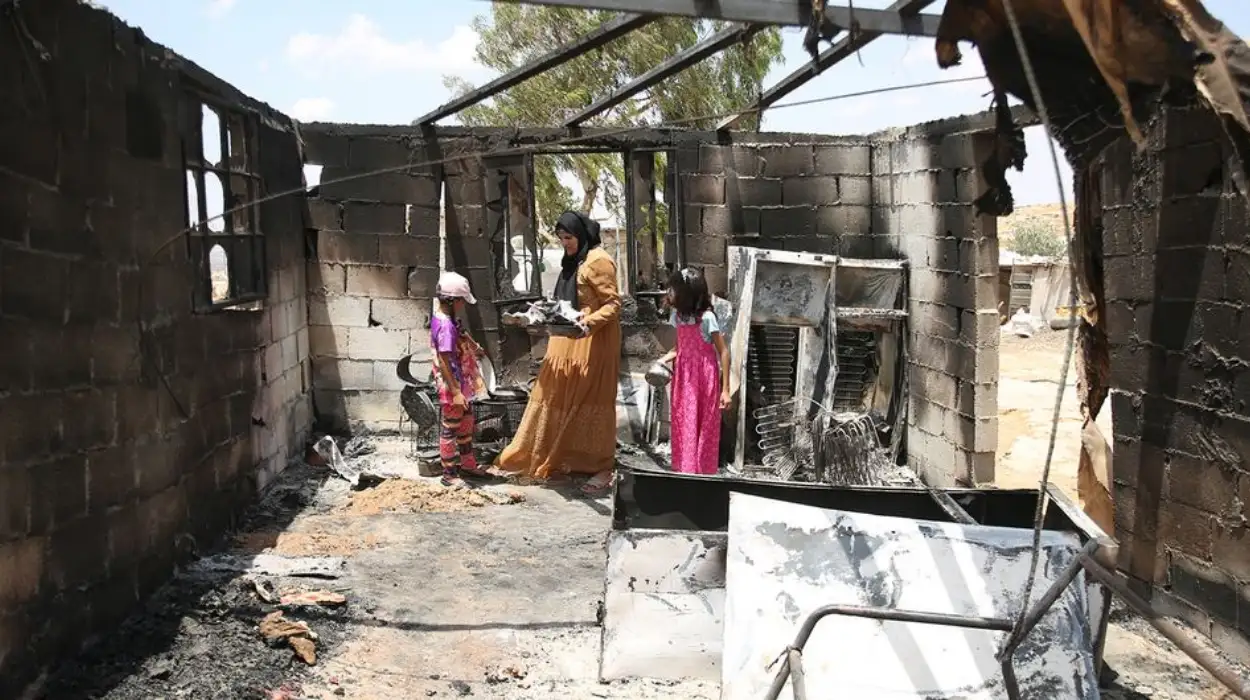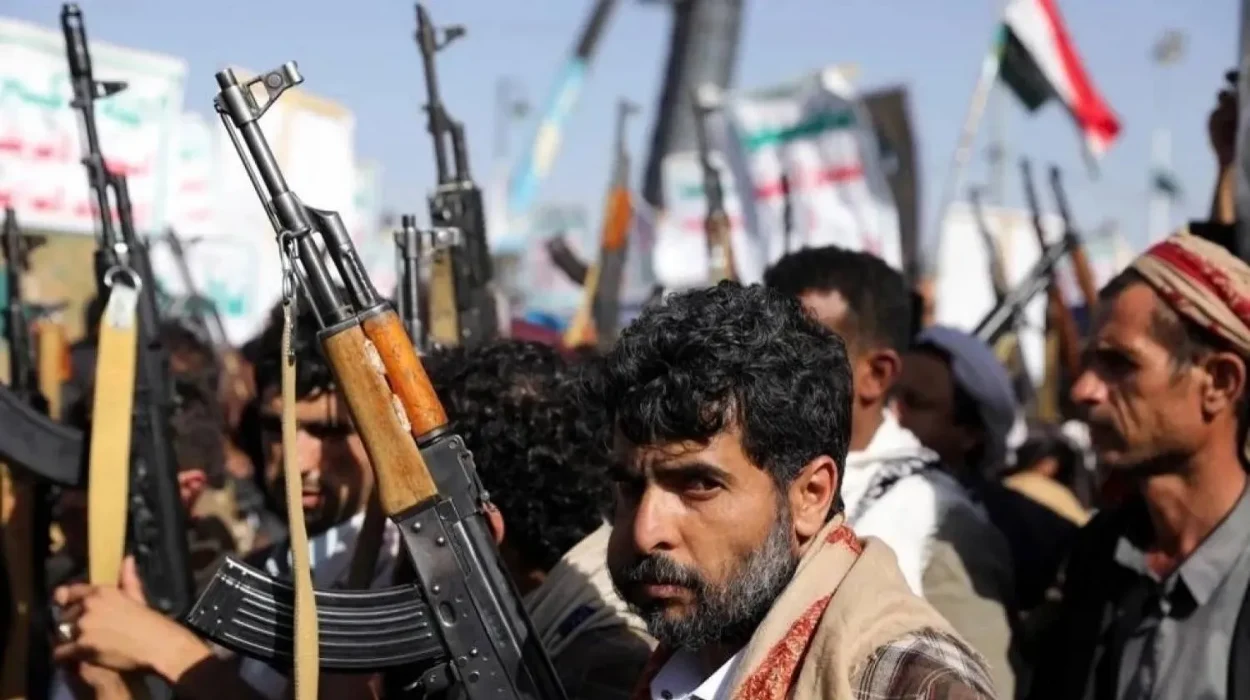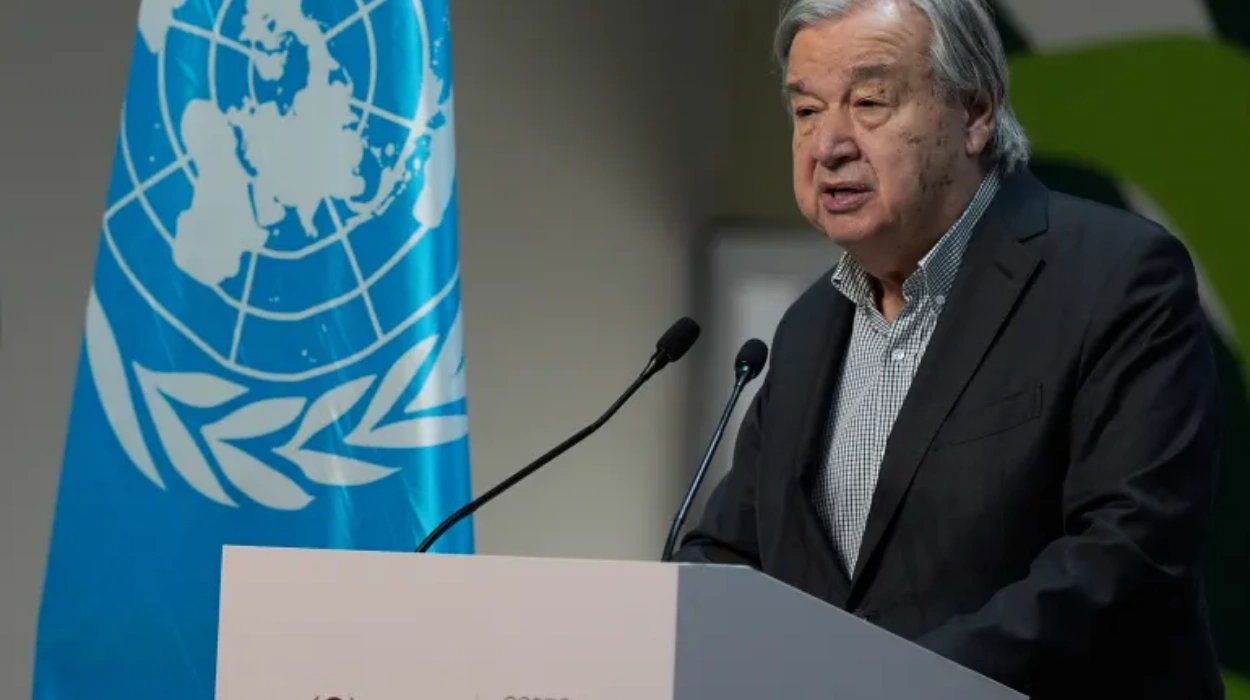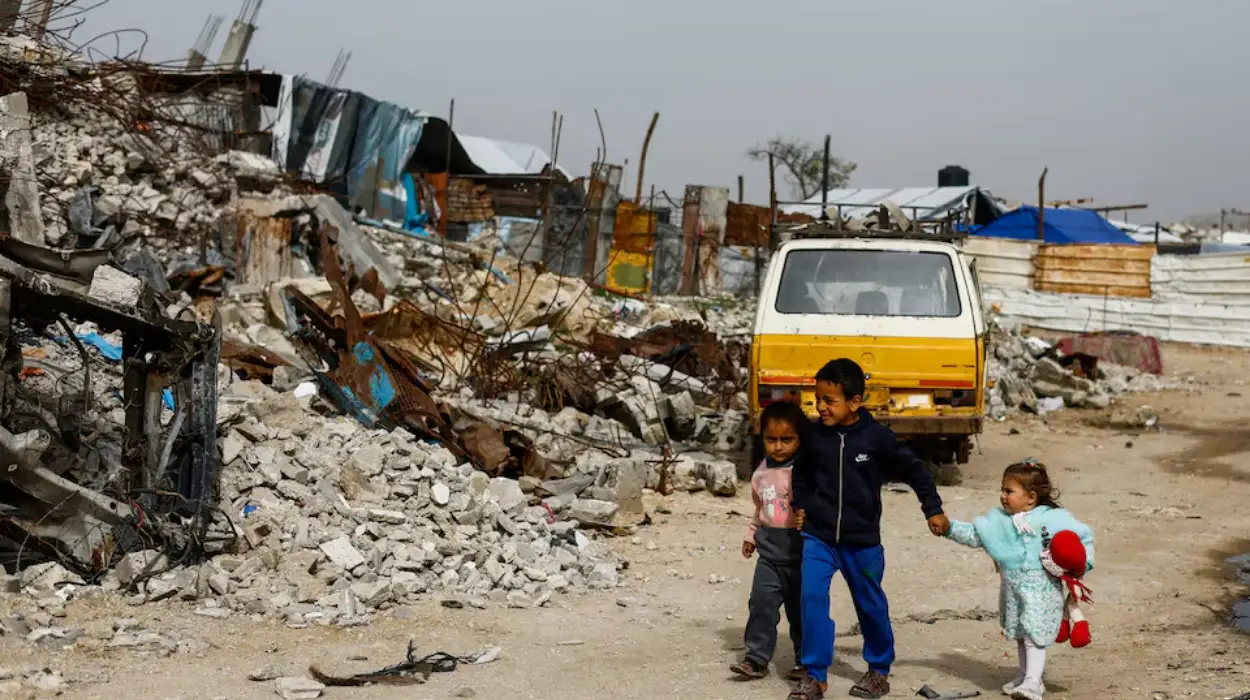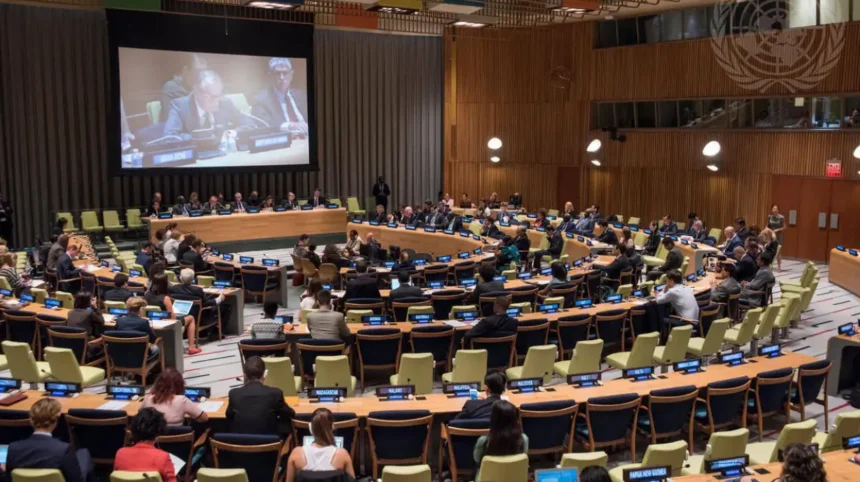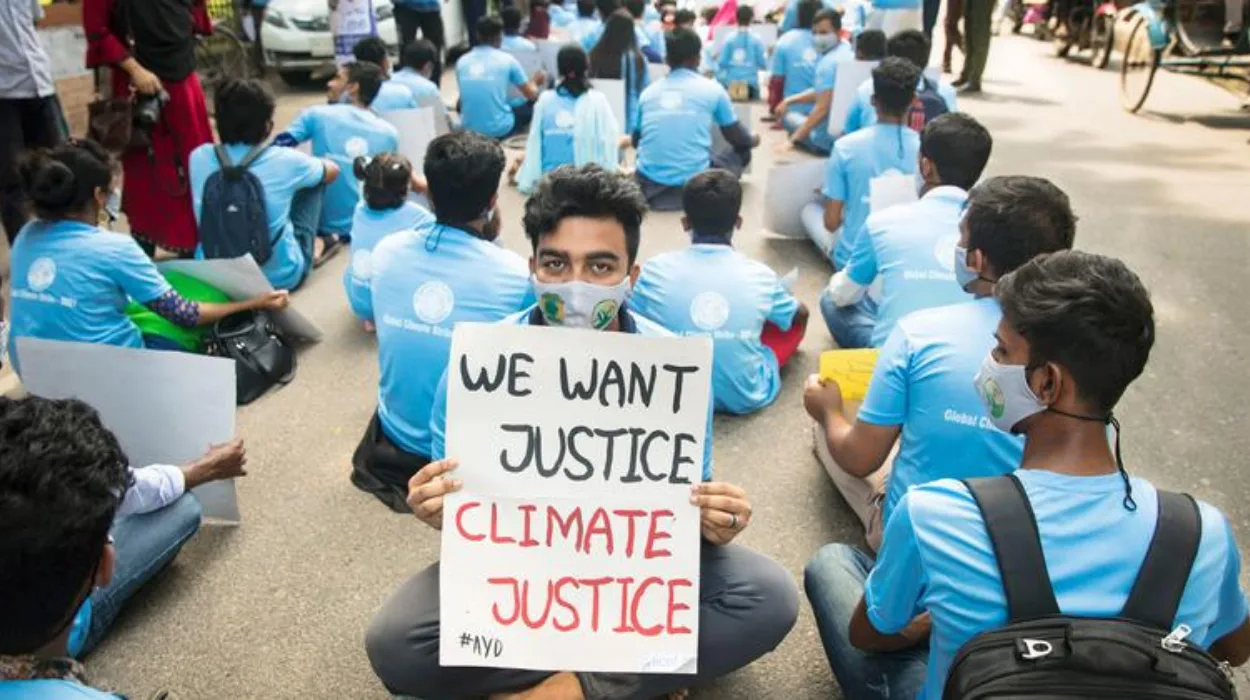United Nations was traditionally a reliable source of information in world politics whose responsibilities included coming up with reliable reports of human rights, conflict and development. However, by 2025, the power of UN-created data is getting less consensual. The official UN reporting is now questioned by the governments, the civil society organizations and independent technology-driven verification networks that are concerned with its impartiality and empirical soundness.
The recent criticism is usually focused on the question whether the outputs of UN represent realistic field conditions or the political choice of the leading members. The reporting of civilian casualties in Gaza and Sudan and arguments about humanitarian access indicators in Myanmar have heightened the discussion of transparency and objectivity by the general public. According to one of the European diplomats in his January 2025 briefing at Geneva, this means that we are continuing to rely on UN data until we can independently verify it and define our tolerance by that dependence.
The increase in the availability of satellite imagery and AI-based verification sites and decentralized reporting efforts has broadened the bases of global truth. Thoughts on this development contribute to better scrutiny, although they also increase pressure on the UN to show methodological integrity despite the increased geopolitical competition.
Negotiating Truth In Conflict Reporting
UN field missions operating in conflict areas are often faced with a limited access, conflicting local stories, and violent state reactions on monitoring. Whether it is ceasefire breaches in Yemen, claims of forced disappearance in Afghanistan, or both, the results of the UN have a bearing on the sanctions, peacekeeping operations, and humanitarian funding. Such figures are hardly technocratic when they are in contention; they are used as political tools as well.
Governments in question tend to declare the sovereignty of national data refusing multilateral evaluations and presenting competing statistics. The ensuing competition in terms of figures makes the world responsibility more difficult and undermines the perceived credibility of UN human rights mechanisms.
Donor Influence And Narrative Priorities
The significantly increased influence of major funders in setting the priorities of reporting, be it tacitly by the nature of the program design or openly by diplomatic overtures. The donor influence is found on climate finance reporting, humanitarian reconstruction measurements and migration data gathering. The opponents caution that dependency on funding can lead to the limitation of the scope of reports or even dilution of the findings to safeguard strategic relationships.
The dilemma of the UN agencies is to balance between technical rigor and geopolitical pragmatism and especially focusing on cases where reports may influence trade relations, quotas of refugee resettlement, or military aid decisions.
Internal Dynamics And The Burden Of Objectivity
Inside the system of the UN, there are still debates regarding the sources of data, weighting of field evidence, and incorporating figures provided by the state. The reforms, which fortified the digital documentation security since the beginning of the 2020s, still create tension in cases when the on-the-ground data contradicts what the state is sending in its reports.
To statisticians and rapporteurs, it is not just a matter of the precision of numbers. It is an attempt to balance methodological integrity and diplomatic implications an even more complicated bargain in the face of the growing polarization of geopolitics.
Methodological Transparency And Technological Verification
The reporting reliability has been enhanced by digital documentation systems, audit trails and metadata protocols. But transparency is not enough to counteract the effects of state pressure and to avoid discrimination in the eyes of those actors interested in the undermining of institutional credibility. Reliance on data has ceased to be based only on accuracy and relates more to the perceived independence in which it is produced.
Data Contestation In Human Rights Reporting
The most political sphere where it is possible to challenge information in the UN reports is human rights reporting. Governments and media allied systems usually question the Office of the High Commissioner of Human Rights (OHCHR) when the findings fall on state or military forces.
Divergent Figures And Political Consequences
Differences in the number of casualties, number of detainees and number of displaced people have become regular grounds of narrative fights. Differences of a few percentage points in the numbers of civilian casualties were raised to diplomatic protests and allegations of bias in Myanmar and Yemen, and quantitative difference became a scapegoat to dismiss whole reports.
Independent Verification And Parallel Datasets
Independent casualty counts and satellite-confirmed destruction estimates are published more and more by OSINT networks, academic institutions, and rights groups. Instead of forcing out UN processes, such initiatives compel the system to incorporate external data and use hybrid verification models. The developive strategy of the UN implies the change of monopoly to balanced control.
Development Metrics And The Politics Of Measurement
The Sustainable Development Goals are in their final five-year horizon, which further increases questioning on the integrity of measurement. The critics claim that the existing models give more weight to states having greater statistical infrastructure giving the world a disparate ranking that give unfair advantage to the richer economies.
By 2025, some governments in Africa and Latin America have proposed so-called shadow development indices, which focus on localized measures of poverty and climate resilience models. This drive confronts the monolithic international norms and promotes the theory of plural statistical sovereignty.
AI-Driven Modeling And Predictive Bias
The partnership of UN and the International monetary fund to use AI-based modeling in economic analysis has sparked scholarly controversy. According to scholars, algorithms projections are prone to structural bias when training data are not complete or representative. A review of UN Global Data Compact of these risks suggests independent review panels by peers to avoid algorithmic distortions.
Data, Legitimacy, And The Digital Public Sphere
With the international faith in multilateral institutions diluting, the UN information spreads in electronic arenas where interpretation and challenge are created in real time. Partisan commentators, advocacy groups and disinformation networks take advantage of the statistical uncertainties to further their competing narratives.
The social media started to build in to the fact-checking systems the use of verified multi-lateral streams of data, which raises the question of algorithmic neutrality and narrative privilege. According to critics, the focus of UN-source data encourages marginalization of other forms of evidence that are not UN-sourced, and this puts the question of who exercises epistemic power in digital governance.
Accountability Through Transparency And Reform Efforts
In 2025, the Secretary-General introduced the Steering Committee on Data Integrity, which is to establish the harmonization of verification between agencies and pilot blockchain-based reporting authentication. The objectives of such reforms are the preservation of raw data against political interference and the provision of audit trails.
Similar attempts to institutionalize independent review bodies are a move in the direction of common custodianship of factual integrity. Higher schools, non-governmental organizations, and local human rights groups are acquiring institutional supervisory functions- a recognition of the fact that legitimacy is becoming a matter of the scrutiny of the multistakeholder.
The Future Of Narrative Authority In Global Governance
The struggle of the truth in the UN system is a bigger struggle of power in the information order of the world. The types of technologies that are transforming the ability to exercise jurisdiction over facts are verification technologies, hybrid accountability mechanisms, and decentralized reporting ecosystems. The relevance of the UN will not be based on possession of knowledge, but the capacity to mediate disputed truths in an open way.
A more pluralist data environment threatens conventional hierarchies but provides a chance of strengthening institutional legitimacy by creating evidence together. The question of whether the UN is able to transform itself into a distributor of global information and data rather than its gatekeeper, can define its position in the new era of distributed accountability.


